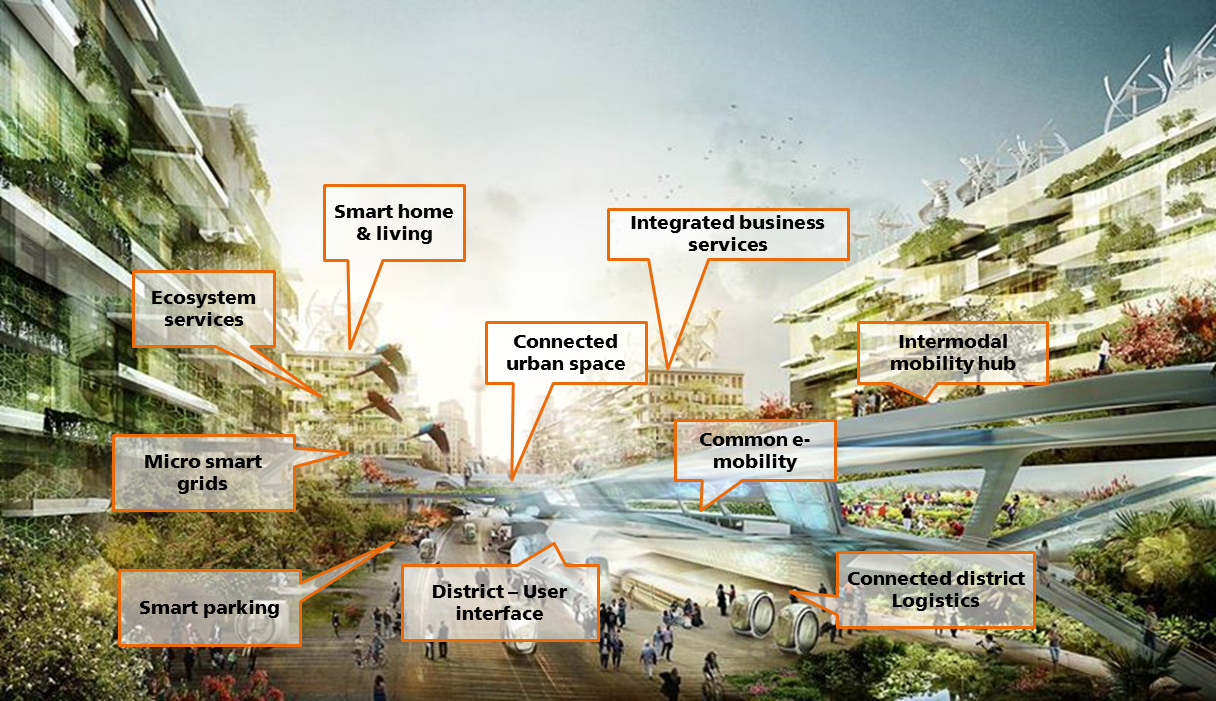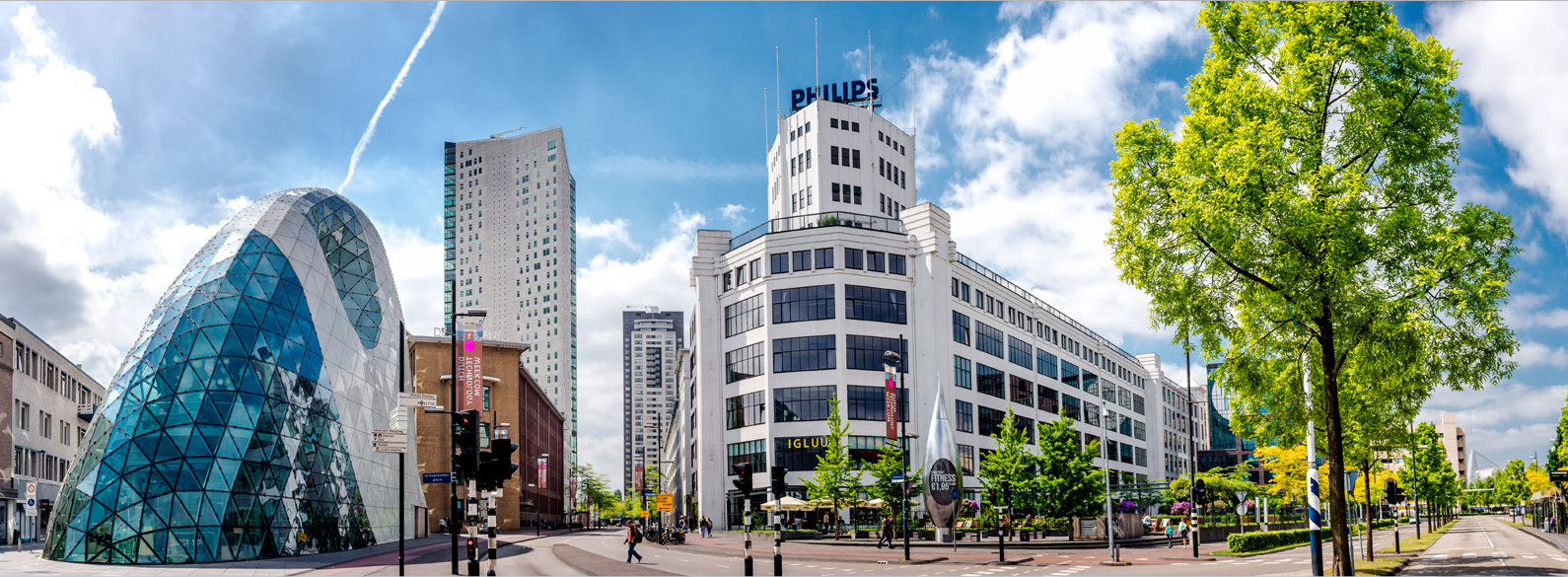Smart districts as European lighthouse projects
During the third research phase, Morgenstadt has defined smart city districts as a central topic for future urban development. At the European level, Morgenstadt partners are represented in four of the seven "Smart Cities & Smart Districts" lighthouse projects and plans for a public Morgenstadt Micro Showcase are currently in the pipeline.
The joint research project is aimed at companies that want to tap into the massive potential of new organizational, technological and spatial concepts emerging in urban districts, transforming processes from conception and planning to implementation and operation.
This offers the opportunity for developers, investors, housing administrators and providers of urban solutions or technologies (e.g. smart home, smart lighting, mobility on demand, smart energy grids, home consumer electronics, digital communication, etc.), to co-develop integrated innovations for smart and sustainable city district as part of an applied research approach.


